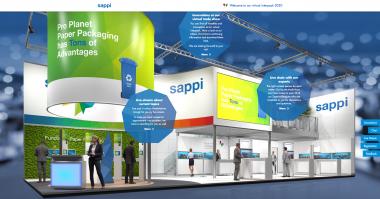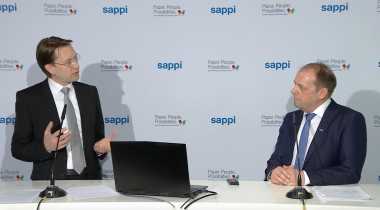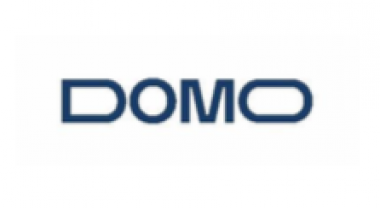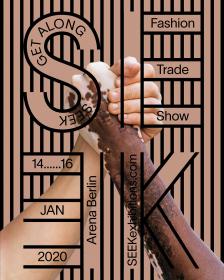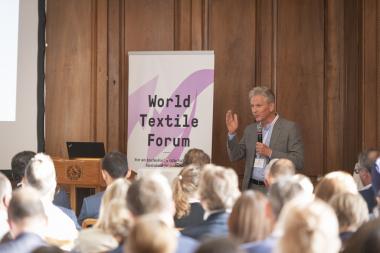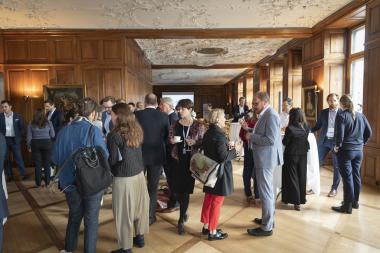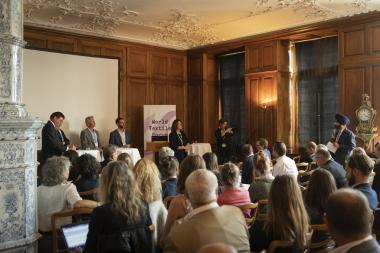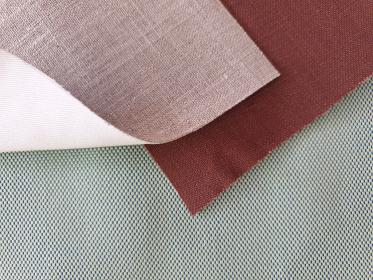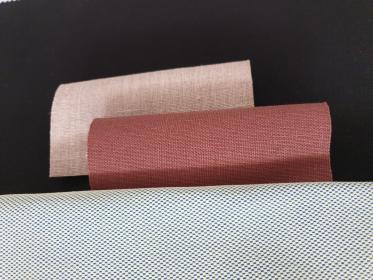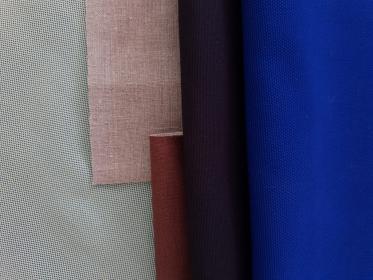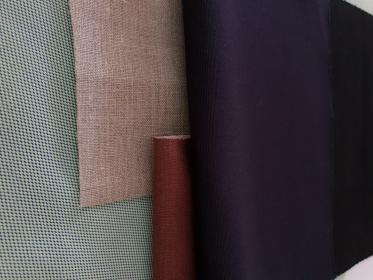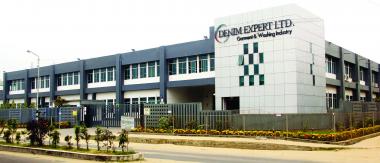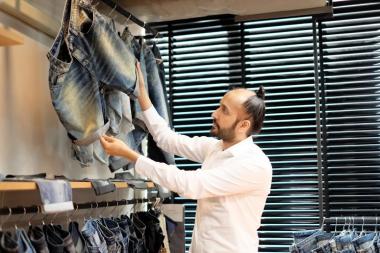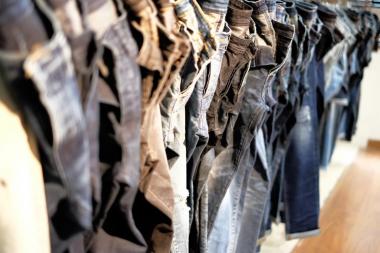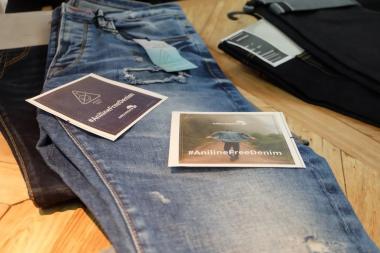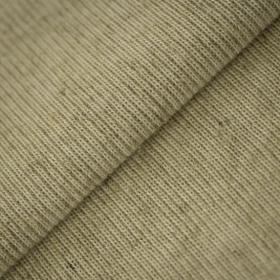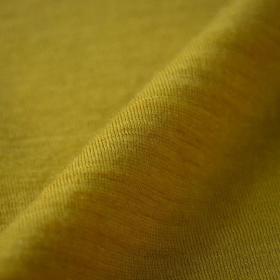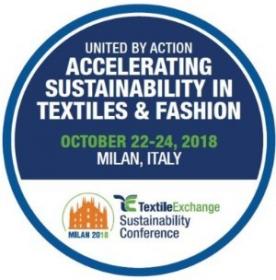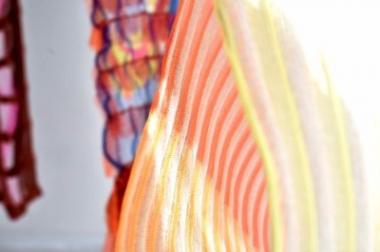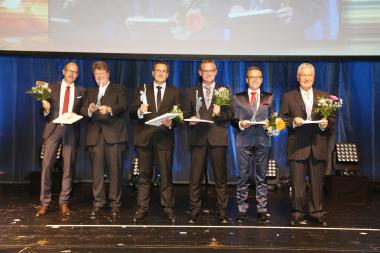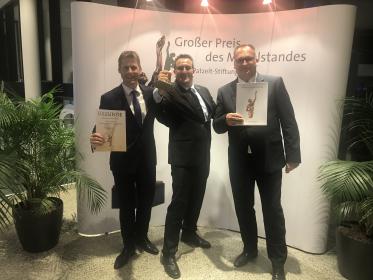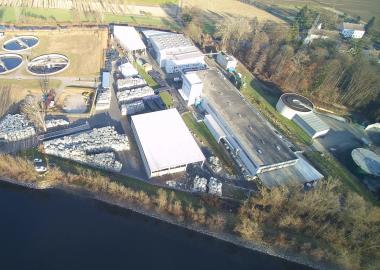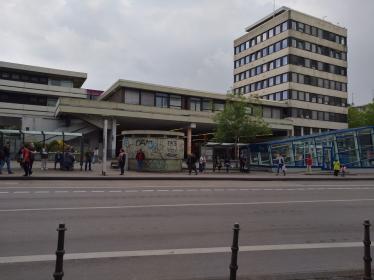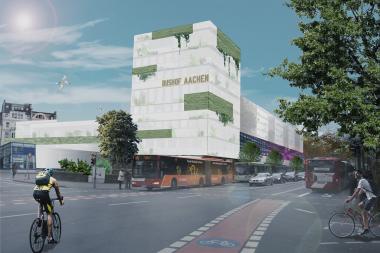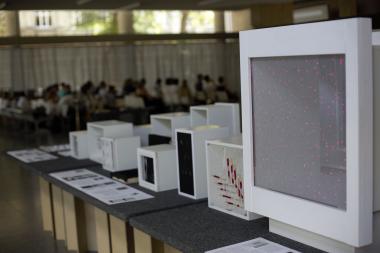ISKO partners with Bluesign
- ISKO and Bluesign announce their partnership for the creation of a cleaner, safer, and transparent world of denim. ISKO just released its landmark
- Sustainability Report, setting the target of achieving bluesign® APPROVED accreditation by the end of 2020.
Denim is a timeless staple in wardrobes around the world. ISKO, the leading denim ingredient brand, and Bluesign, the architects of a sustainable and responsible textile supply chain, are joining forces in a partnership. Alliances like this are the source of effective improvements.
ISKO has a long-standing commitment to ensure the integrity of its ingredients and the traceability of the fibers and materials used in its denim apparel. By releasing the Sustainability Report, ISKO again demonstrates its commitment to creating and designing denim apparel that has a positive connection with the planet. In this report, a primary target of ISKO is to achieve bluesign® APPROVED accreditation for its denim textiles, attaining the strictest industry standard for consumers and environment alike.
With the goal of completing this process by the end of 2020, the company has already performed bluesign® COMPANY ASSESSMENT at an above-average level. This shows how ISKO anticipates changes rather than simply reacting to legal or stakeholder requirements, pursuing an approach that has a huge potential and includes several actions for further improvements. Through this partnership, ISKO and Bluesign continue the movement of the textile and fashion industry into a future that pays more attention to people and the environment, because only when both are considered can the industry truly make a positive long-lasting impact.
“ISKO, as the soul of jeans, has a vision for denim that is creative in design and innovative in the use of technologies. These distinct qualities in combination with a determined commitment to a sustainable supply chain makes ISKO a true leader in the textile industry. We look forward to the next impactful steps we will take together.” Jill Dumain, CEO, bluesign technologies. “As the leader of this industry, we feel it is our responsibility to be and act as a force for good. We have always prioritized transparency and accountability, highly valuing every improvement that can be achieved by sharing values and goals through partnerships. This one makes us particularly proud, as it raises the bar of our efforts and challenges us to maintain our improvement efforts.” Ebru Ozkucuk Guler, Senior Sustainability & CSR Executive.







